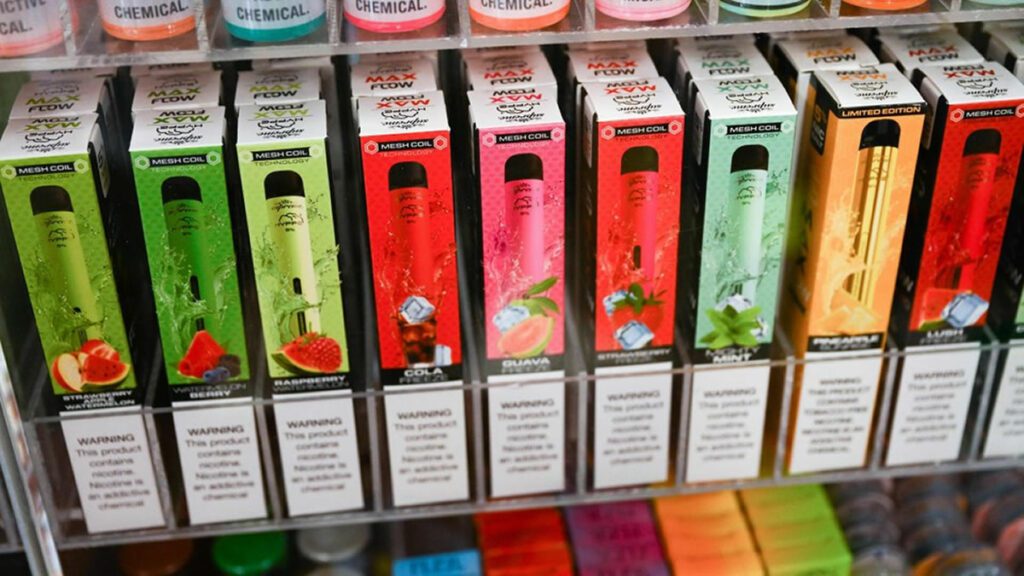As of October 1, 2023, the Netherlands implemented a ban on all e-liquid flavors except tobacco, along with strict limitations on the ingredients used in the production of the sole permitted flavor. The government justified these measures as part of its goal to reduce the country's smoking population to less than 5% by 2040.
A year after the ban's implementation, the Rijksinstituut voor Volksgezondheid en Milieu (RIVM), the Dutch national institute for public health and the environment, has released preliminary results from a survey of approximately 1,000 vapers, including adolescents, young adults, and adults. The findings indicate that 40% of respondents have reduced their e-cigarette use due to the flavor ban, while 22% have quit vaping entirely.
The RIVM, which also studied the unintended consequences of the ban, such as the emergence of a black market or a switch to other products like traditional cigarettes, noted that most consumers who quit vaping did not seek alternatives. However, the agency pointed out that vape shops in Germany have become the primary source for banned flavors in the Netherlands, emphasizing that a European Union-wide flavor ban would enhance the measure's effectiveness.
As the Netherlands continues to push for stricter e-cigarette regulations, it has joined other countries in calling for a speedy introduction of a tax on vaping products. Recently, Dutch Minister of Health Vincent Karremans expressed dissatisfaction with the lack of discussions on the Tobacco Products Directive (TPD) in 2025. The Ministry of Health has also proposed raising the minimum legal age for purchasing tobacco and vaping products from 18 to 21.
Ironically, as the country battles against personal vaporizers, some Dutch residents have resorted to buying cigarettes for their children to discourage them from vaping.

Vape Content Creator | Flavor Reviewer | Lifestyle & Vape Culture Editor
Emily Carter is a vape-focused content creator specializing in flavor reviews, device aesthetics, and lifestyle-oriented vaping content. With hands-on experience testing disposable vapes and pod systems, Emily delivers clear, visually driven insights designed for adult consumers.








